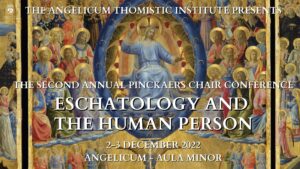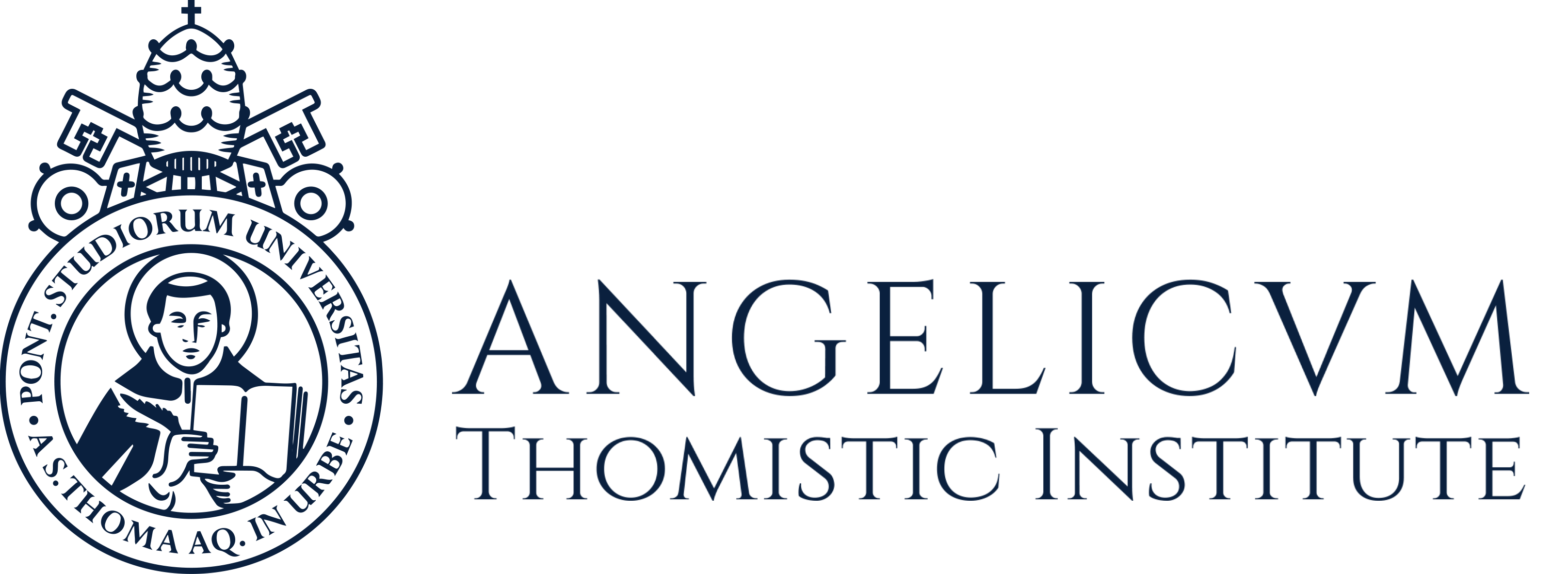The Separated Soul and the Human Person
Philip-Neri Reese, OP
Angelicum Thomistic Institute
Philip Neri Reese, O.P. is a Dominican friar of the Province of St. Joseph, currently assigned as a professor of philosophy at the Pontifical University of St. Thomas (Angelicum), in Rome. He is also the principal investigator for the Angelicum Thomistic Institute’s new Project on Philosophy and the Thomistic Tradition. He recently received his P.HD. in philosophy from the University of Notre Dame in South Bend, Indiana. His main interests are in metaphysics, the history of metaphysics, and meta-metaphysics, with a special emphasis on scholasticism and a particular focus on the thought of Thomas Aquinas and his subsequent reception. He is also interested in questions of philosophical methodology, as well as in classical Indian philosophy. His publications include articles on scholastic metaphysics, ethics, and economics.
“The Separated Soul and the Human Person”
The most heated and widespread of all the debates current among Thomistic philosophers is almost certainly the debate over whether the separated soul is a person – i.e., the debate over whether after I die, but before the resurrection, my soul is ME. The purpose of this talk is to both present and weigh in on that debate. I will begin by distinguishing between three questions that might be, and have been, asked: (1) the exegetical question, “did Aquinas think the separated soul is a person?”; (2) the systematic question, “should Aquinas have thought that the separated soul is a person?”; and (3) the speculative question, “is the separated soul a person?” I will then answer each of these questions in turn.
Related Content




